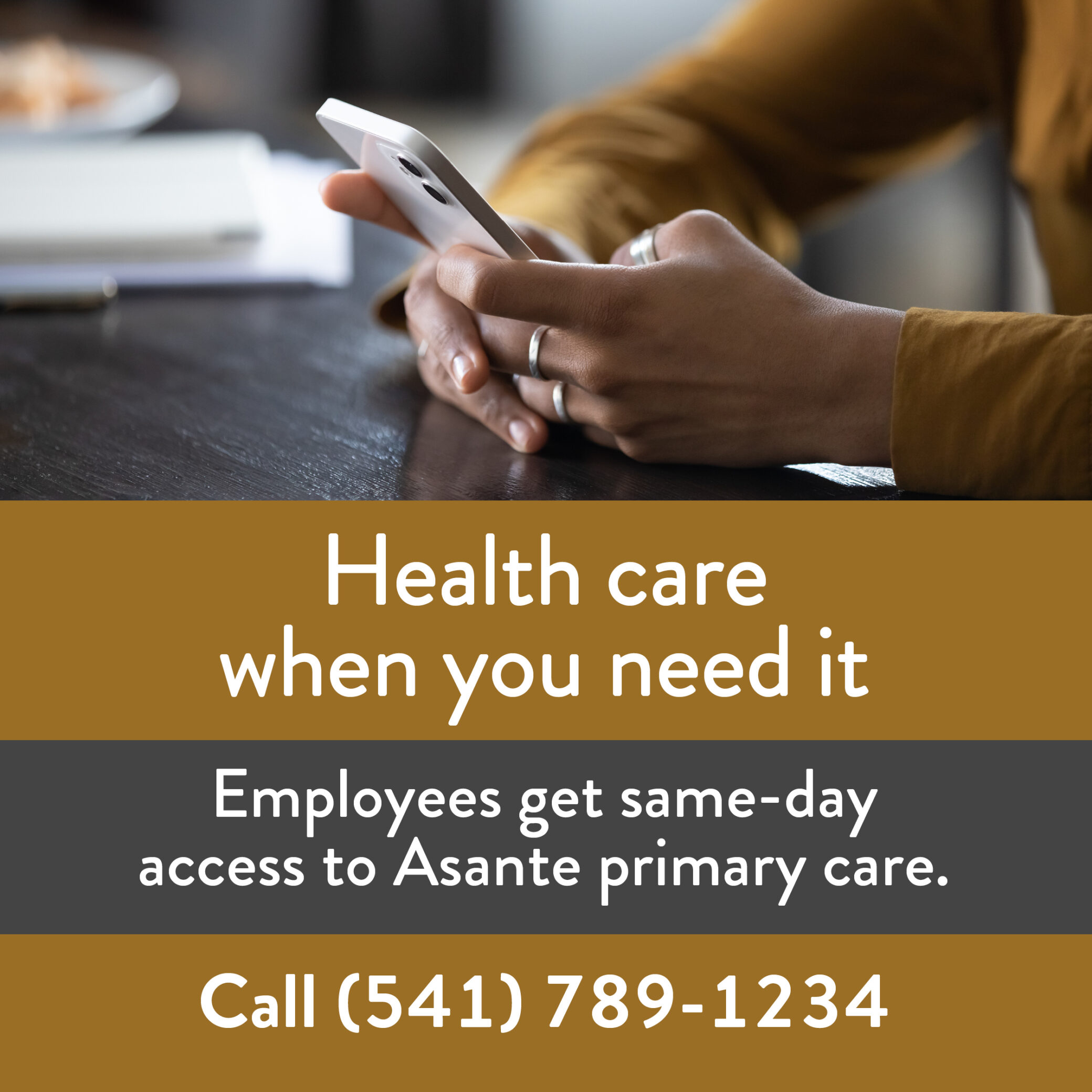Share:
What employees need to know about coronavirus
Although coronavirus is still rare in the United States, Asante Infection Prevention wants employees to be aware of the respiratory illness and what to do if an employee, patient or visitor exhibits symptoms.
What is novel coronavirus?
Novel coronavirus, or 2019-nCoV, is a virus strain identified as the cause of an outbreak of respiratory illness starting in Wuhan City, China, that began to spread in people in December 2019. Health experts are concerned because little is known about this new virus and it has the potential to cause severe illness and pneumonia in some people.
How does novel coronavirus spread?
Health experts are still learning the details about how this new coronavirus spreads. Other coronaviruses spread from an infected person to other through:
The air by coughing and sneezing
Close personal contact, such as touching or shaking hands
Touching an object or surface with the virus on it, then touching your mouth, nose or eyes
What are the symptoms?
People who have been diagnosed with novel coronavirus have reported fever and respiratory symptoms such as cough or difficulty breathing. Symptoms may appear as soon as two days or as long as two weeks after exposure to the virus.
What is my role for identifying patients at Asante?
At this time, there are a small number of individual cases in the United States, mostly limited to people who have recently returned from China. According to the CDC and Oregon Health Authority, our health risk for this virus is considered low. However, to minimize the risk of this virus spreading, health officials are working with health care providers to promptly identify and evaluate any suspected cases.
Asante employees are advised to follow three basic precautions when interacting with patients:
- IDENTIFY. Obtain a travel history for all patients, particularly those with fever or respiratory symptoms.
- ISOLATE. If the patient has traveled to China within 30 days and has symptoms of fever or cough, provide the patient with a surgical mask and immediately move them to an isolated area, preferably an airborne isolation room (or, if this is not available, to a regular exam room). The door to the room should be kept closed.
- INFORM. Notify the patient’s physician and Asante Infection Prevention.
The risk of infection in travelers returning from different parts of the world may change over time. See the latest travel
guidance from the CDC.
How can I avoid getting novel coronavirus?
If a patient is identified for being at risk for novel coronavirus, have them put on a surgical mask immediately. If possible, ask them to wash or sanitize their hands. Contact and airborne precautions should be used while evaluating and caring for these patients. Make sure you wear the recommended personal protective equipment, including gown, gloves, eye protection (goggles, face shield) and an N-95 respirator while you are in the patient’s room.
Additional steps you can take to prevent the spread of this and many other organisms such as the flu are: washing hands frequently with soap and water or hand sanitizer; covering your mouth/nose with a tissue or sleeve when coughing or sneezing; and avoiding touching your eyes, nose or mouth with unwashed hands. Avoid contact with people who are sick when possible, and if you become ill, stay home and avoid close contact with others.
Where can I learn more about novel coronavirus?
More information is available on the CDC website.
If you have a question, please contact the author or relevant department directly.


